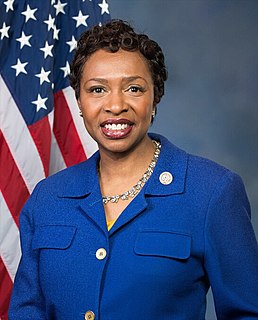A Quote by Charles B. Rangel
I was proud to march beside some of the most notable Civil Rights activists, such as the Rev. Dr. Martin Luther King, Jr., Rev. Jesse Jackson, and Joseph L. Rauh, Jr., from Selma to Montgomery.
Related Quotes
If the Rev. Martin Luther King Jr.'s civil rights movement made demands that altered the course of American lives and backed up those demands with the willingness to give up your life in service of your civil rights, with Black Lives Matter, a more internalized change is being asked for: recognition.
I remember back in the 1960s - late '50s, really - reading a comic book called 'Martin Luther King Jr. and the Montgomery Story.' Fourteen pages. It sold for 10 cents. And this little book inspired me to attend non-violence workshops, to study about Gandhi, about Thoreau, to study Martin Luther King, Jr., to study civil disobedience.
There's a gap somehow between empathy and activism. Rev. Dr. Martin Luther King, Jr. spoke of 'soul force' - something that emanates from a deep truth inside of us and empowers us to act. Once you identify your inner genius, you will be able to take action, whether it's writing a check or digging a well.
































